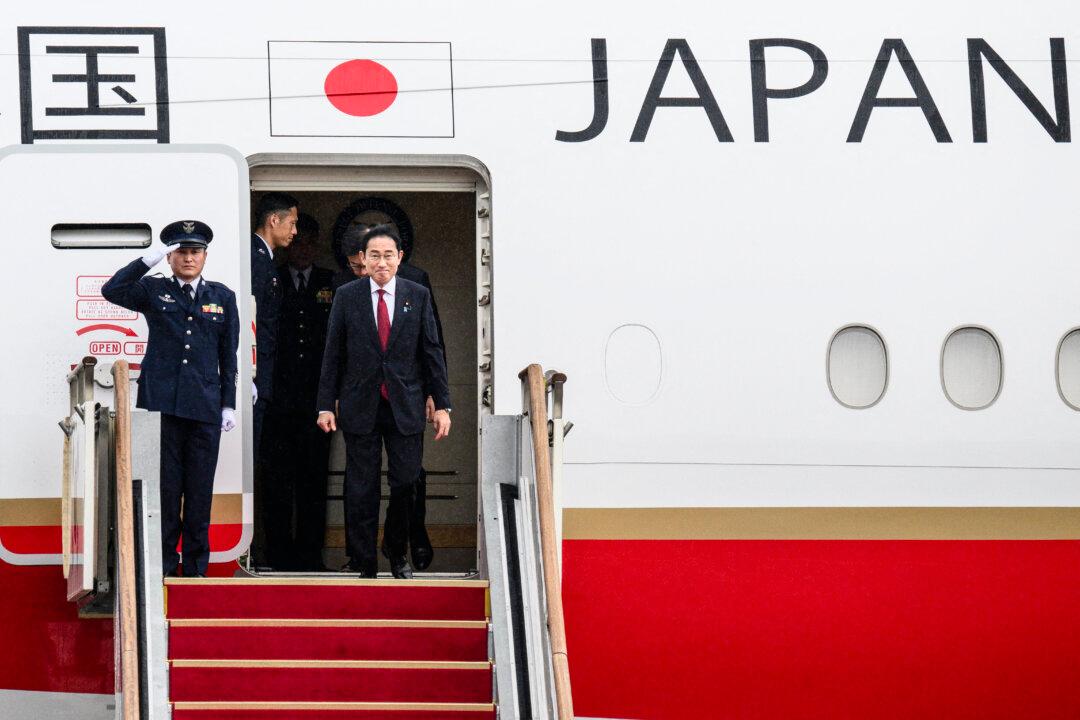The leaders of China and Japan touched down in Seoul on May 26 to participate in a three-way summit with South Korea’s president.
The upcoming three-way meetings came as Japan and South Korea bolstered security and economic ties with the United States in the face of increasing threats from the Chinese Communist Party (CCP) and its ally North Korea.




